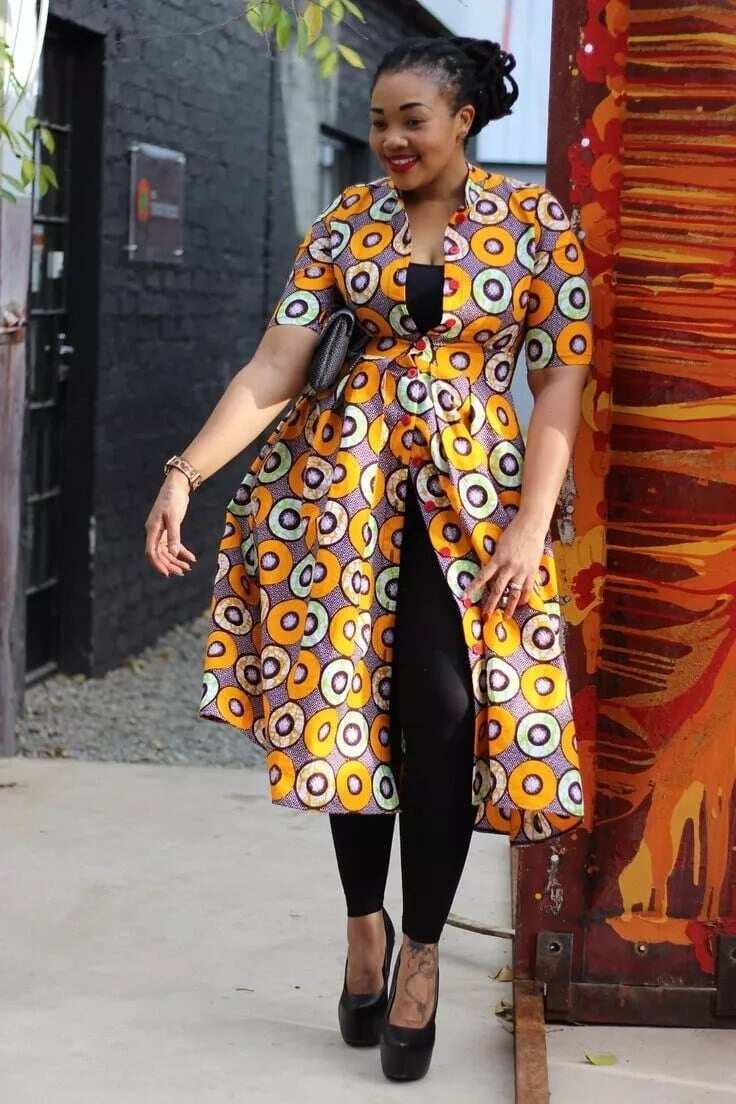
Celebrating Diversity: Exploring African Dress Styles
A Rich Tapestry: The Beauty of African Fashion
Step into the vibrant world of African dress styles, where each garment tells a story of culture, tradition, and history. From the intricate beadwork of the Maasai tribe to the bold prints of West African Ankara fabric, African fashion is a celebration of diversity and heritage.
Ankara Allure: The Versatility of African Prints
Ankara fabric, also known as African wax print, is a cornerstone of African dress styles. The colorful and intricate patterns of Ankara fabric can be seen in a variety of garments, from flowing maxi dresses to tailored suits. It’s a versatile fabric that allows for endless creativity in design and styling.
Traditional Elegance: Embracing Cultural Heritage
Many African dress styles are deeply rooted in tradition and carry significant cultural meaning. For example, the dashiki, a loose-fitting tunic with elaborate embroidery, is a symbol of West African heritage. Similarly, the kente cloth of Ghana is characterized by its vibrant colors and geometric patterns, often worn on special occasions such as weddings and festivals.
Modern Twists: Contemporary Interpretations of African Fashion
While traditional African dress styles continue to hold a special place, modern interpretations have also emerged. Designers are blending traditional elements with contemporary silhouettes and fabrics, creating a fusion of old and new. This modern approach to African fashion allows for the evolution of styles while honoring cultural roots.
Queenly Adornments: Regal Dresses Fit for Royalty
African dress styles often feature regal and elegant designs, fit for queens. The flowing kaftans of North Africa, adorned with intricate embroidery and beadwork, exude a sense of royalty and sophistication. These dresses are not just garments; they are works of art that reflect the richness of African culture.
Colorful Expressions: The Symbolism of African Colors
Colors play a significant role in African dress styles, with each hue holding its own symbolic meaning. For instance, the color red may represent love, passion, or vitality, while blue is often associated with peace, harmony, and spirituality. These vibrant colors are not just aesthetically pleasing; they carry deep cultural significance.
Intricate Detailing: Beadwork, Embroidery, and More
One of the hallmarks of African dress styles is the meticulous attention to detail. From intricate beadwork to elaborate embroidery, these embellishments add texture, depth, and personality to each garment. The Maasai beadwork, for example, is known for its intricate patterns and vibrant colors, often adorning collars, cuffs, and hems.
Men’s Fashion: Embracing Masculine Elegance
African dress styles are not limited to women’s fashion; men’s attire is equally diverse and stylish. The agbada, a flowing robe-like garment worn in West Africa, exudes masculine elegance with its voluminous sleeves and rich fabric. Paired with a fila (traditional cap) and leather sandals, it’s a classic and sophisticated look.
Global Influence: African Fashion on the World Stage
In recent years, African dress styles have gained popularity on the global fashion scene, with designers and celebrities embracing the beauty and uniqueness of African fashion. From the runways of Paris to the streets of New York City, African prints, fabrics, and designs are making a bold statement and leaving a lasting impression.
Everyday Elegance: Incorporating African Fashion Into Daily Wear
You don’t need a special occasion to embrace African dress styles. Incorporating elements of African fashion into your daily wardrobe can add a touch of elegance and cultural flair to your everyday look. Whether it’s a vibrant Ankara skirt paired with a simple blouse or a dashiki-inspired shirt layered under a blazer, African fashion allows for endless possibilities of style expression.
Embracing African Dress Styles: A Celebration of Culture and Beauty
In conclusion, African dress styles are not just garments; they are embodiments of culture, heritage, and beauty. From the bold prints of Ankara fabric to the regal designs of kaftans, each garment tells a story of tradition and history. Whether worn for a special occasion or as part of everyday wear, African fashion allows individuals to celebrate diversity, express themselves creatively, and honor the rich cultural tapestry of the continent. Read more about african dress styles
